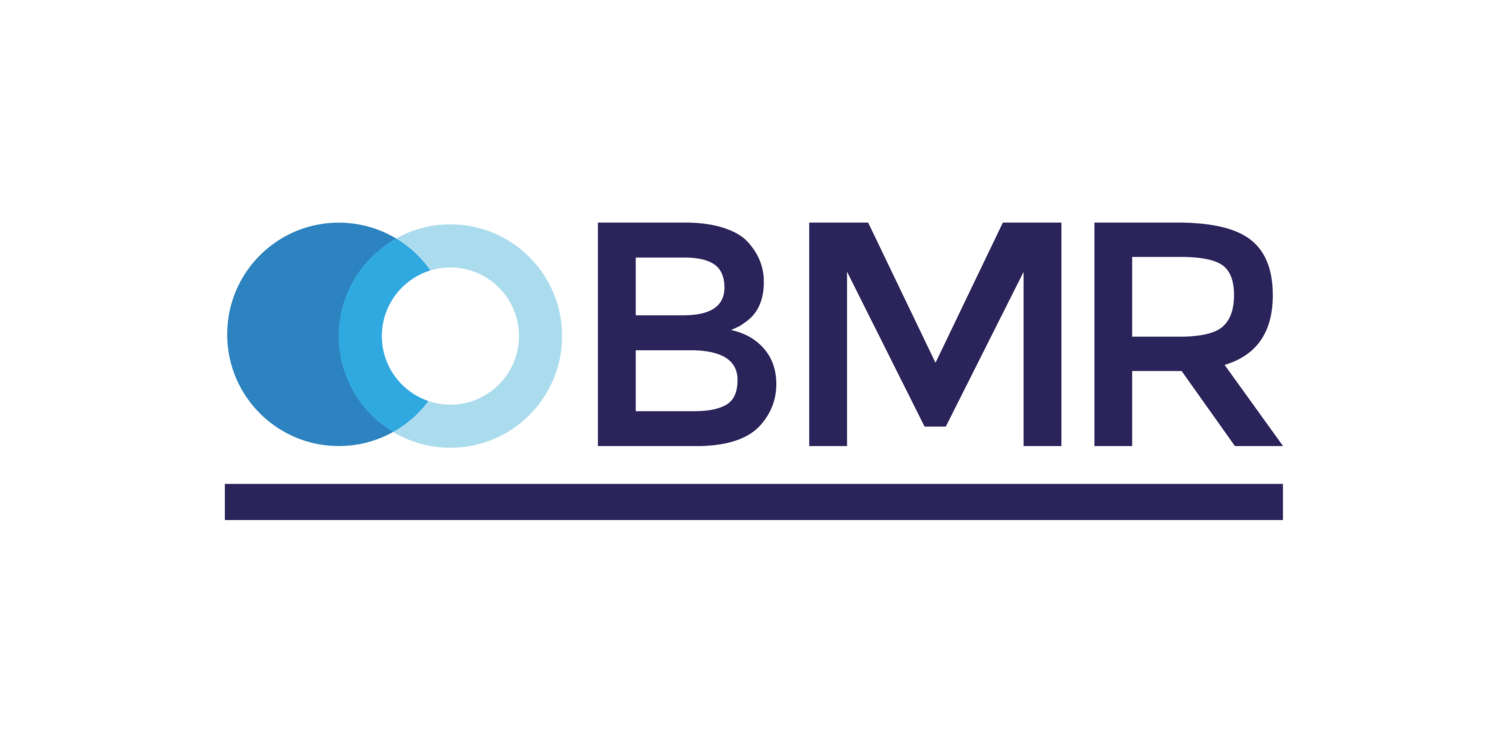The Power of Diversity, Equity, Inclusion and Belonging (DEIB) in Business
Introduction
Diversity, Equity, Inclusion, and Belonging (DEIB) have become buzzwords in the business world, and for good reason. The importance of fostering diverse and inclusive workplaces is supported by a growing body of evidence. In this blog post, we'll explore why DEIB is vital for businesses by delving into statistics that demonstrate its positive impact.
Improved Financial Performance
A diverse and inclusive workforce can significantly impact a company's financial performance. According to a McKinsey & Company report, companies in the top quartile for gender and ethnic diversity are 25% and 36% more likely to have above-average financial returns, respectively. Inclusive companies are more innovative, better at decision-making, and attract a wider customer base.
Talent Attraction and Retention
Businesses that prioritise DEIB are better positioned to attract and retain top talent. A Glassdoor survey found that 67% of job seekers consider diversity an essential factor when evaluating potential employers. Furthermore, a diverse and inclusive culture fosters a sense of belonging, reducing turnover and increasing employee engagement.
Enhanced Creativity and Innovation
A diverse workforce brings a variety of perspectives and experiences, which can foster creativity and innovation. The Boston Consulting Group found that companies with diverse management teams reported 19% higher revenue from innovation compared to those with below-average diversity.
Improved Decision-Making
Diverse teams make better decisions. Research from Harvard Business Review shows that diverse groups outperform homogeneous groups in decision-making tasks, solving problems more effectively and generating innovative solutions. This translates to better strategic planning and risk management for businesses.
Better Market Reach
Companies that prioritise DEIB are more likely to understand and cater to a broader customer base. According to a study by the Center for Talent Innovation, 70% of employees believe that diverse and inclusive workplaces are better positioned to understand their customers. This understanding leads to stronger market presence and increased revenue.
Legal and Reputational Benefits
Promoting DEIB not only mitigates legal risks but also enhances a company's reputation. A report by The Diversity and Inclusion Benchmark found that 77% of companies have faced a lawsuit, regulatory action, or public relations crisis related to diversity and inclusion. Companies with strong DEIB programs are better equipped to navigate these challenges and protect their brand.
Global Competitiveness
In an increasingly globalised world, companies with diverse workforces are more competitive. Deloitte research suggests that diverse and inclusive companies are 83% more likely to be agile, allowing them to adapt to market changes quickly. They are also better positioned to understand and navigate international markets.
Consumer Preferences
Consumers are increasingly making choices based on a company's DEIB efforts. A survey by Edelman found that 64% of consumers globally buy from or boycott brands based on their social or political stances. Businesses that embrace DEIB are more likely to attract socially conscious consumers.
In Conclusion
The statistics speak for themselves: Diversity, Equity, Inclusion, and Belonging are not just buzzwords; they are essential elements for the success of any modern business. By fostering diverse and inclusive workplaces, companies can improve financial performance, attract and retain top talent, drive innovation, enhance decision-making, and build stronger relationships with customers. Embracing DEIB isn't just a moral obligation; it's a strategic imperative for businesses looking to thrive in today's competitive landscape.

